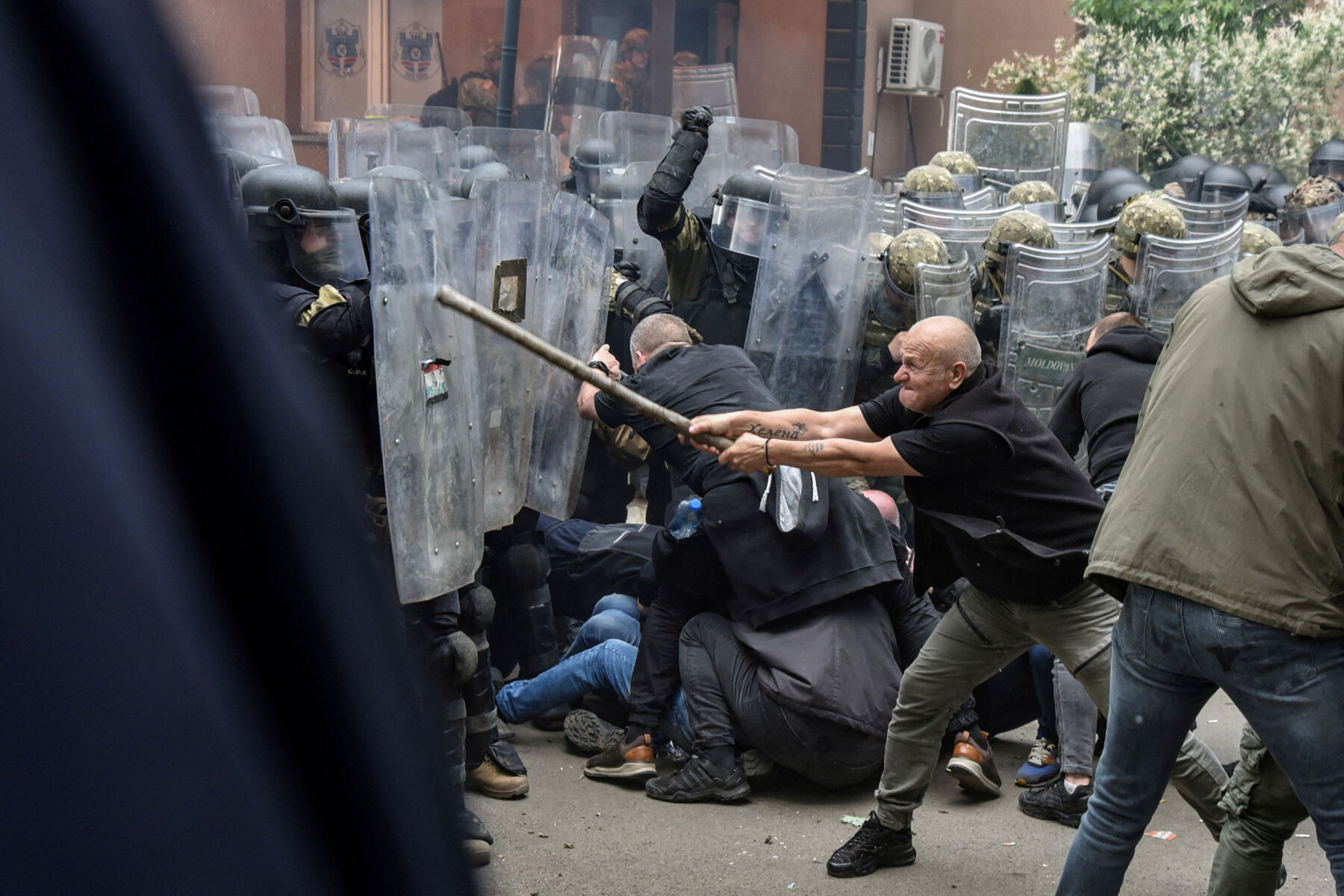US, EU accused of fueling Serb nationalism in Kosovo and Western Balkans

The Balkan region has recently garnered international attention following violent clashes between Serb militant nationalists and NATO peacekeepers in the northern Kosovo town of Zvecan. The incident raised concerns over the potential for another armed conflict in Europe. While the risk of another Balkan war remains low, the situation in Kosovo and the Western Balkans is undoubtedly alarming.
The role of the United States and the European Union in inadvertently encouraging a dangerous new phase of Serb nationalist militancy in Kosovo and the Western Balkans is causing concern in the region. The ongoing struggle for a normalisation deal between Pristina and Belgrade has left the two sides as divided as ever, as demonstrated by the clashes in Zvecan.
The problem primarily lies with the Serbian side, as the increasingly autocratic regime of Serbian President Aleksandar Vucic refuses to accept the sovereignty of Kosovo. Serbia’s reactionary posture extends beyond Kosovo, with the Serbian leadership and a large portion of the public immersed in a world of their own, refusing to accept the role of the Milosevic regime in the Yugoslav dissolution and the subsequent decade of conflict that engulfed the region.
The US and the EU have sought to accommodate Moscow-backed militant nationalists in the Western Balkans, rather than curb Russian influence, due to their conclusion that the region is peripheral to their interests. This approach has resulted in a more emboldened form of nationalist extremism in the Balkans, largely sponsored by the West.
Regrettably, both the US and the EU seem committed to this course, as evidenced by their reactions to the violence in Zvecan. It is likely to continue until domestic publics, including the Bosnian and Kosovar diasporas in the West, and their legislative allies can effectively argue that Western double-dealing in the Balkans poses a threat to Europe’s stability and security. Until then, Belgrade will likely continue to incite chaos, confident that Washington and Brussels will turn a blind eye.
Latest Thailand News
Follow The Thaiger on Google News:
























